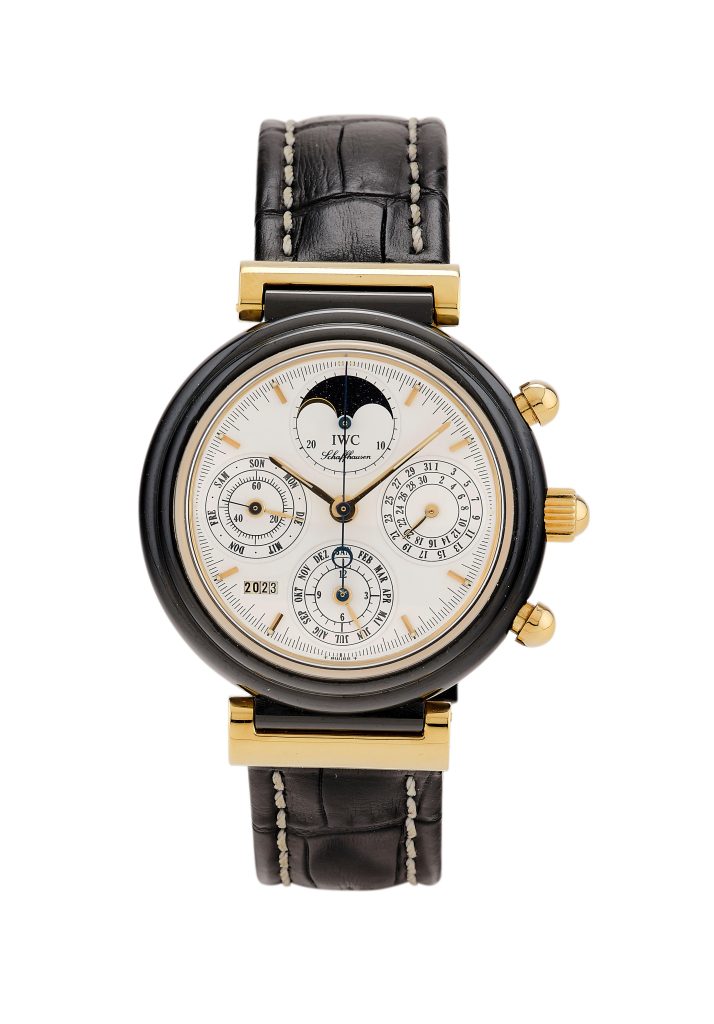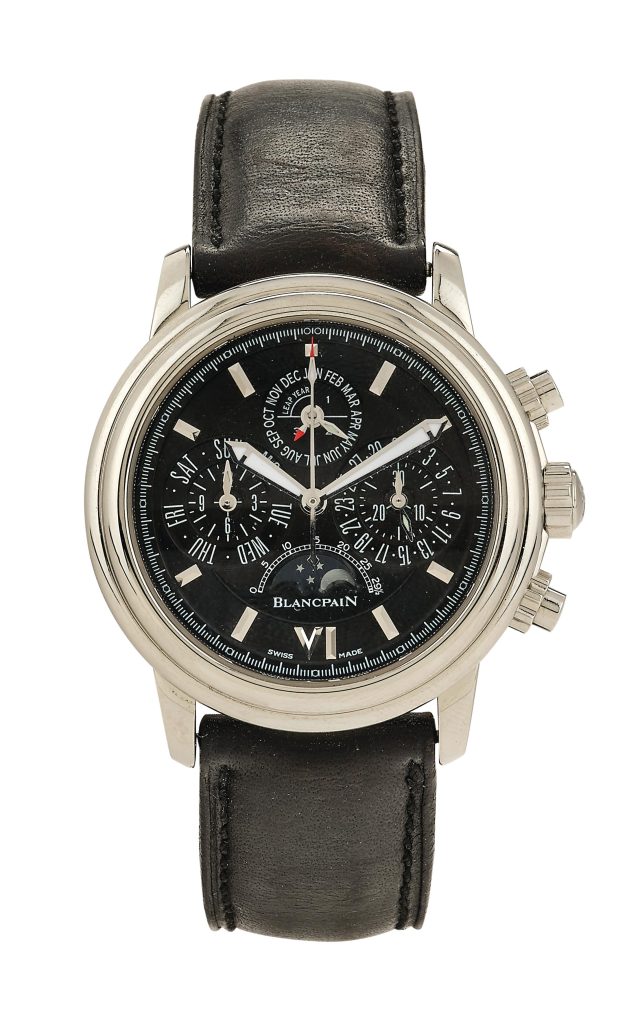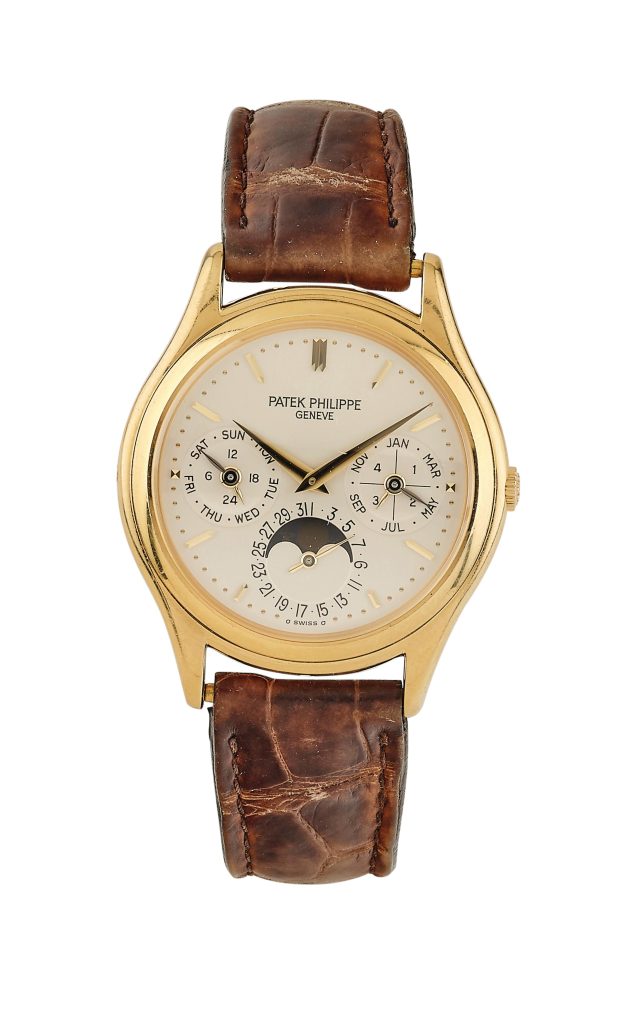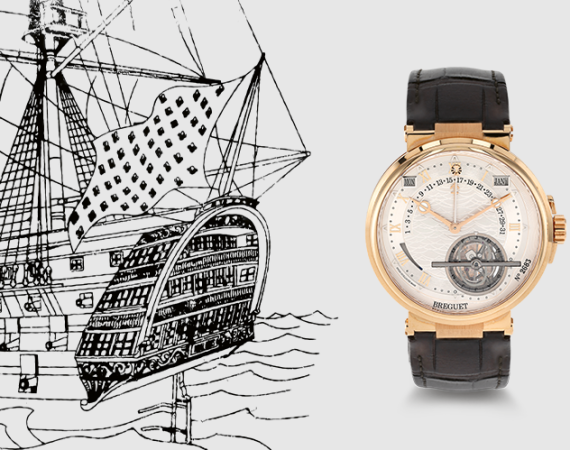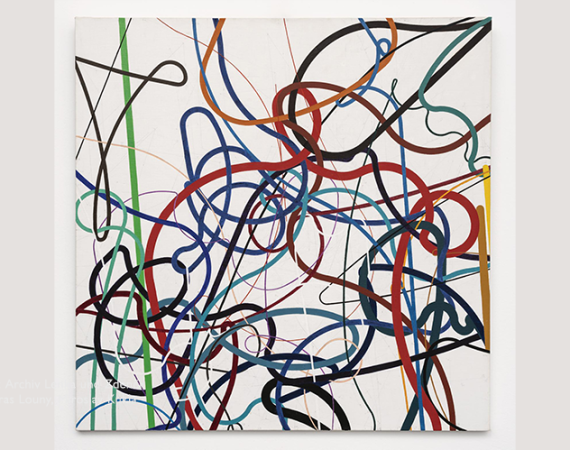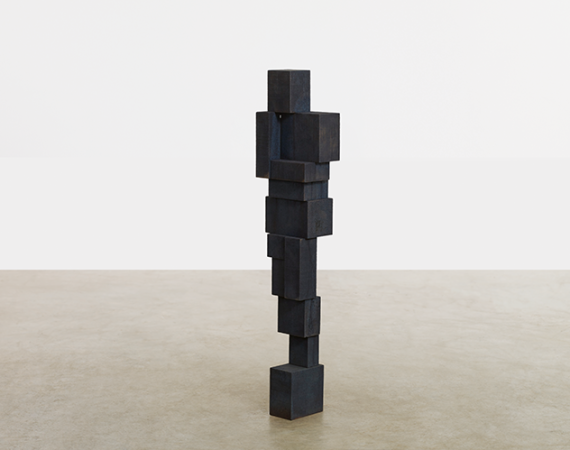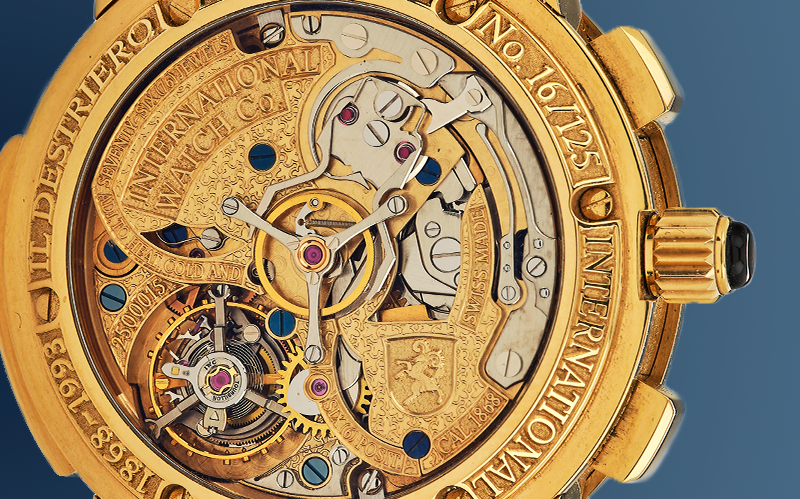
They are among the most complex functions in watchmaking. Perpetual calendars show the current date accurately for centuries, taking into account the different lengths of months and leap years. A story about ingenious inventors and their complex “time machines”.
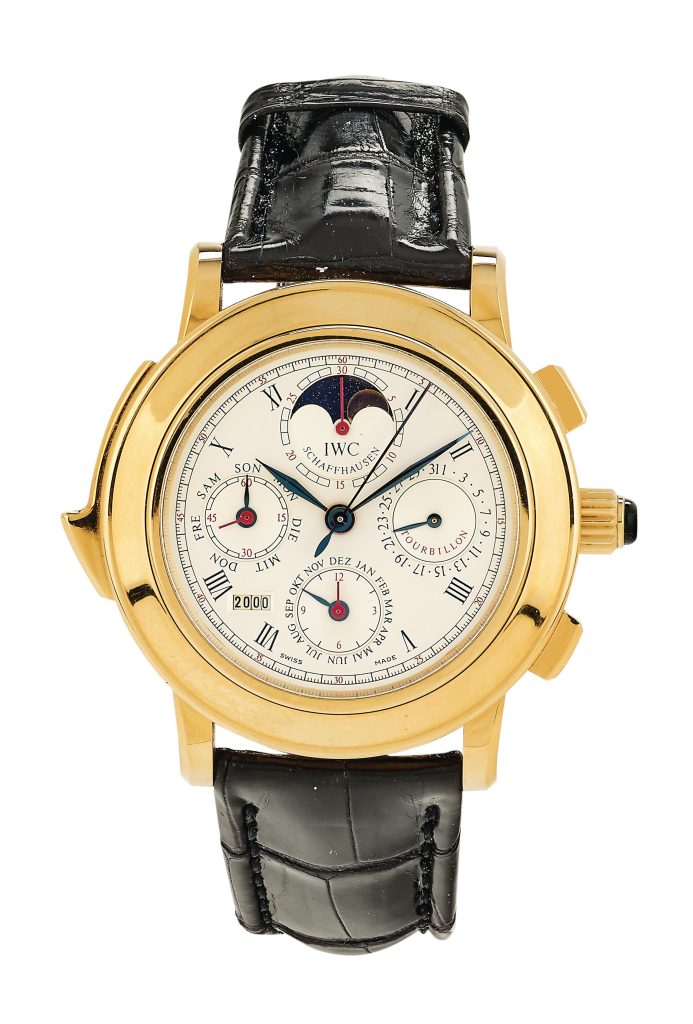
estimate €60,000 – 90,000
Calendars accompany us in our everyday lives. They arose from people’s need to keep track of time. According to the history books, the calendar is derived from the Latin word “calare” or the Greek word for proclaiming “kalein”. In ancient times, the beginning of the month was announced publicly. The Latin word “calendae” refers to the first day of the month.
The calendar as we know it goes back to the calendar reform of Pope Gregory XIII in 1582.
At the same time, the clockmakers of the time began to develop increasingly complex astronomical clocks. A number of technical problems had to be solved in order to calculate the calendar accurately:
- The day – a mean solar day has around 24.0 hours.
- The month – a synodic month has 29.5306 days and therefore 708.7 hours.
- The year – a tropical year has 365.2422 days and therefore 12.4 synodic months.
It is as complicated as it sounds. As if that were not enough, these values are variable and are not constants. The introduction of leap years and different lengths of months was intended to compensate for these inaccuracies.
It was precisely these differences that posed major technical problems for the inventors of mechanical clocks with a perpetual calendar.
In 1764, the English watchmaker Thomas Mudge developed the first pocket watch with a perpetual calendar. More than 160 years were to pass before Patek Philippe presented the first wristwatch with a perpetual calendar to the public in 1925. Over the course of time, these watches were equipped with a multitude of additional complications and are considered masterpieces of the art of watchmaking.
Incidentally, the name perpetual calendar is not quite correct. In most of the systems currently in use, programming ends in the year 2100 or 2400, at which point the proud owner has to manually change the date from 28 February to 1 March.
AUCTION
Wrist and Pocket Watches
1 December 2023, 1 p.m.
Palais Dorotheum, Dorotheergasse 17, 1010 Vienna
Tel. +43-1-515 60-368, 205

